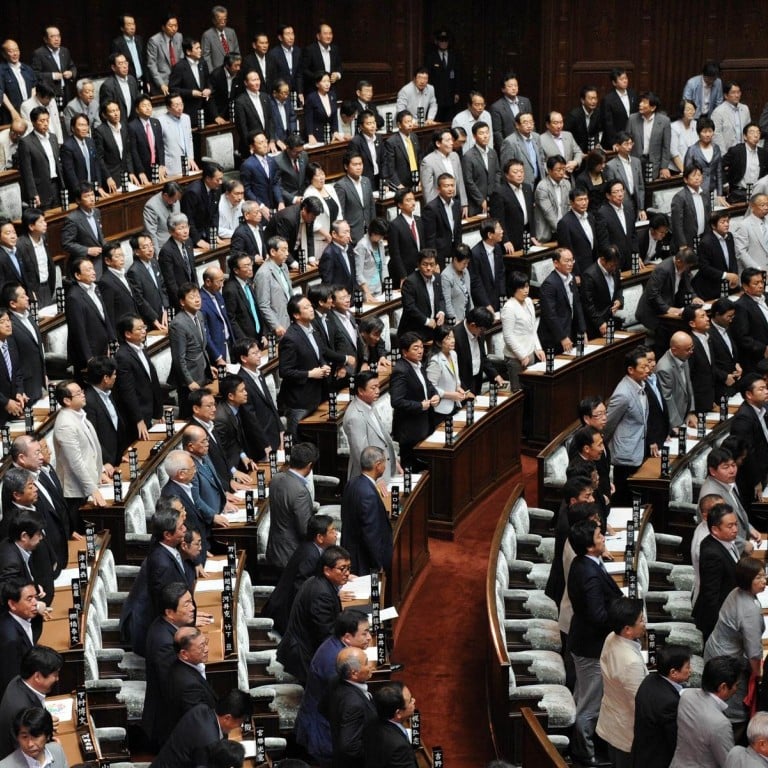
Beijing under pressure to get tough on Tokyo over Diaoyu Islands
South Korea and Russia have made strong gestures in their island disputes with Japan, prompting calls for China to take similar action
South Korean President Lee Myung-bak's strong action against Japan in a territorial dispute has triggered calls on the mainland for Beijing to get tougher in defending China's sovereignty claims, analysts say.
At the same time, Beijing has become more at ease with handling the dispute with Japan over the Diaoyu Islands because of souring relations between Seoul and Tokyo, yet will proceed cautiously in dealing with its two regional rivals, they said.
Beijing is unlikely to comment on Lee's action to avoid complicating the trilateral relationship and to stem calls for strong measures against Tokyo.
On August 10, Lee visited the Dokdo Islands, which are controlled by Seoul but also claimed by Japan, which calls them Takeshima. Seoul also returned a protest letter sent by Japanese Prime Minister Yoshihiko Noda, prompting a frenzy of discussion among the Chinese online community.
"Lee has done a good job, and this has shaped his image. Leaders of the Communist Party are disappointing," one mainland microblogger said.
Another said: "China should grab this opportunity to show its harsh face to Japan."
Zhou Yongsheng , a Japan expert at China Foreign Affairs University, said: "I think the public sentiment against Japan is growing, and this is putting pressure on the government."
However, analysts said the tense relationship between Japan and South Korea, combined with a territorial dispute between Tokyo and Moscow, had exhausted the Noda administration, and this might benefit China.
Russia has said it will send two navy vessels to the Kuril Islands, north of Hokkaido, following a visit there by Russian Prime Minister Dmitry Medvedev last month.
The actions by Lee and Medvedev send a message that China is not the only one involved in territorial disputes with Tokyo and highlights the restraint exercised by Beijing.
"Japan is facing frustration on all sides," said Da Zhigang , a professor of Japanese studies at the Heilongjiang Academy of Social Sciences.
Zhou said the diplomatic front facing Japan has given Beijing flexibility in dealing with the Diaoyus dispute.
"I believe Beijing will still refrain from taking tough actions now to maintain positive bilateral ties," he said. "However, if tensions over the islands continue to escalate, Beijing would feel more confident about being assertive given the difficult situation Tokyo is facing."
The United States, Japan's close ally, has said that the Diaoyu dispute is covered by a treaty signed in 1951 between the two countries, but that it will not take sides in territorial disputes - indicating Washington may not back Tokyo if it was involved in a confrontation with Beijing.
"The diplomatic outlook and the rising nationalist sentiment in Japan has made it very difficult for the Noda administration to settle territorial disputes," said Jia Qingguo , a professor at Peking University.
But he said China would not openly support Lee. "Openly giving support and having a clear stance means that you are offending the other party involved in the issue," Jia said.

